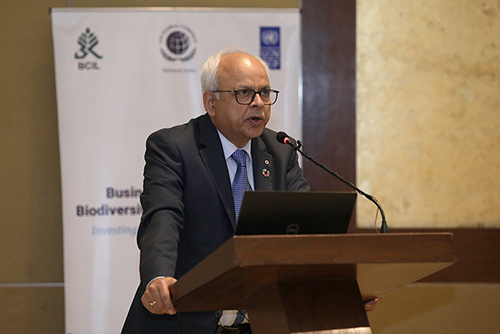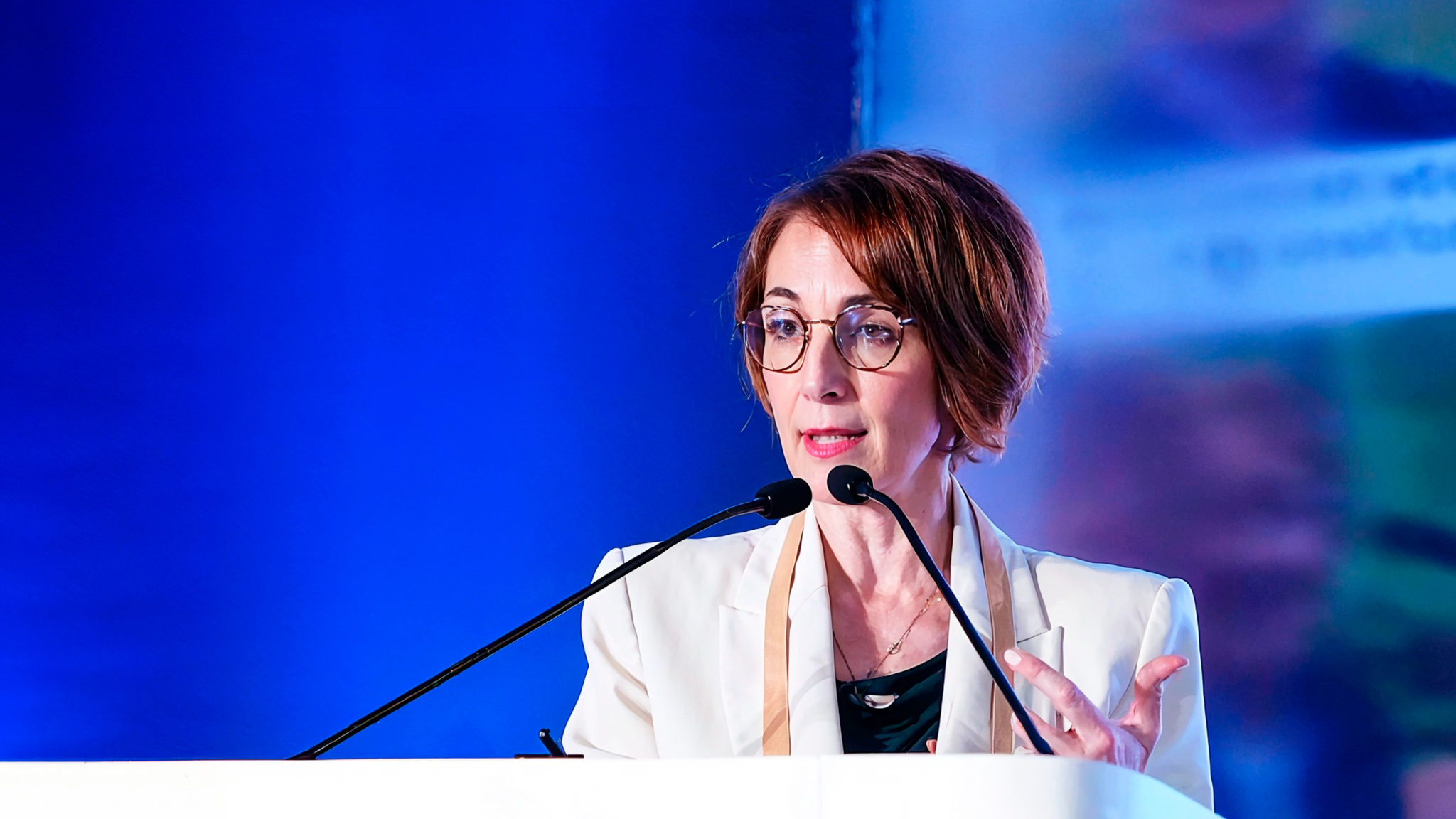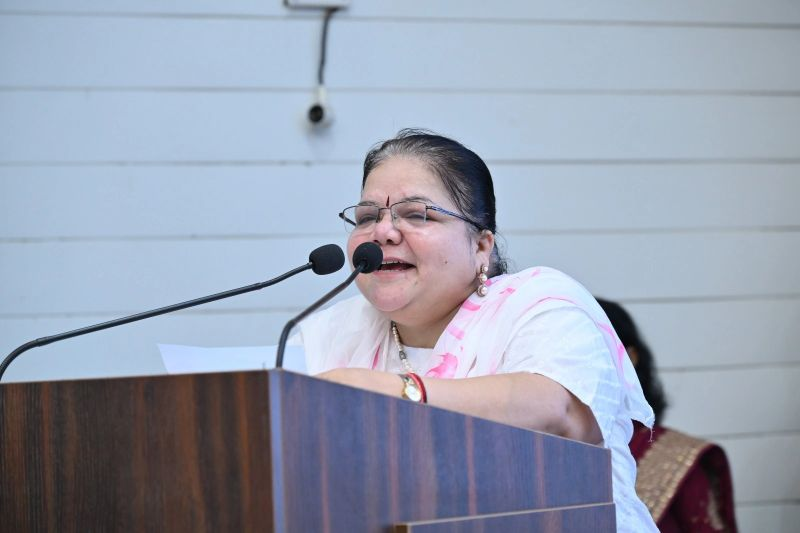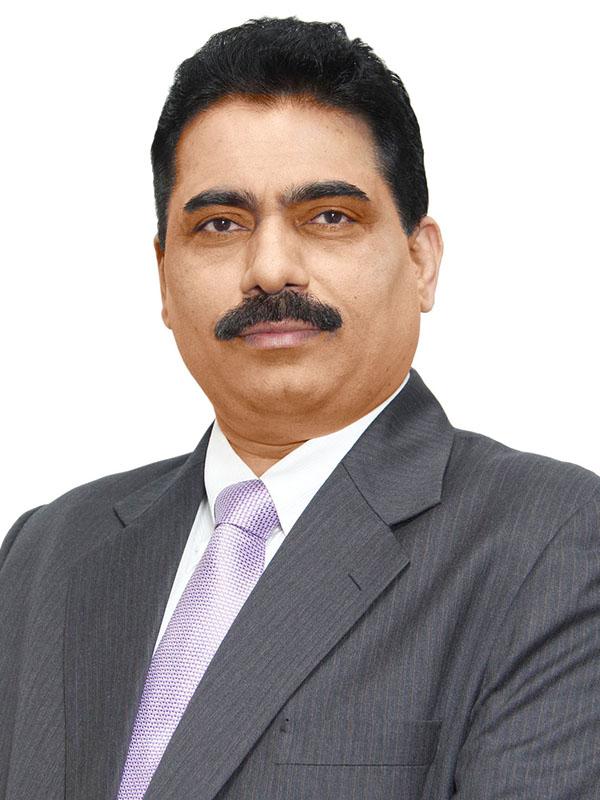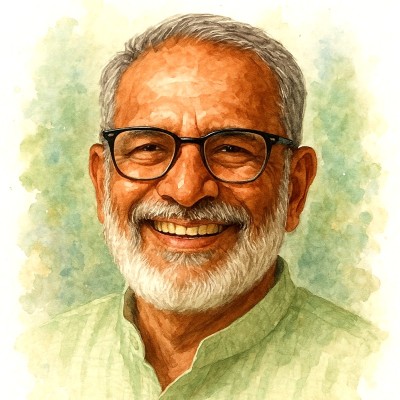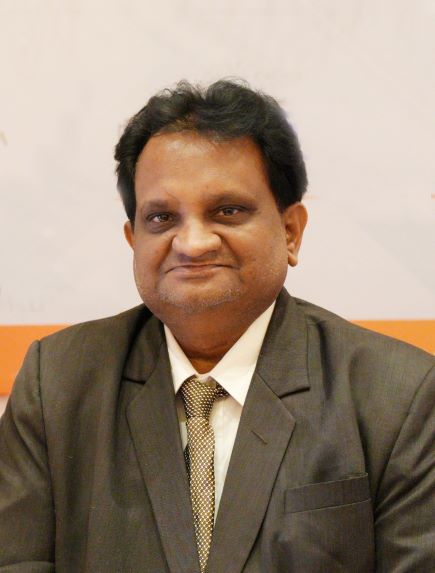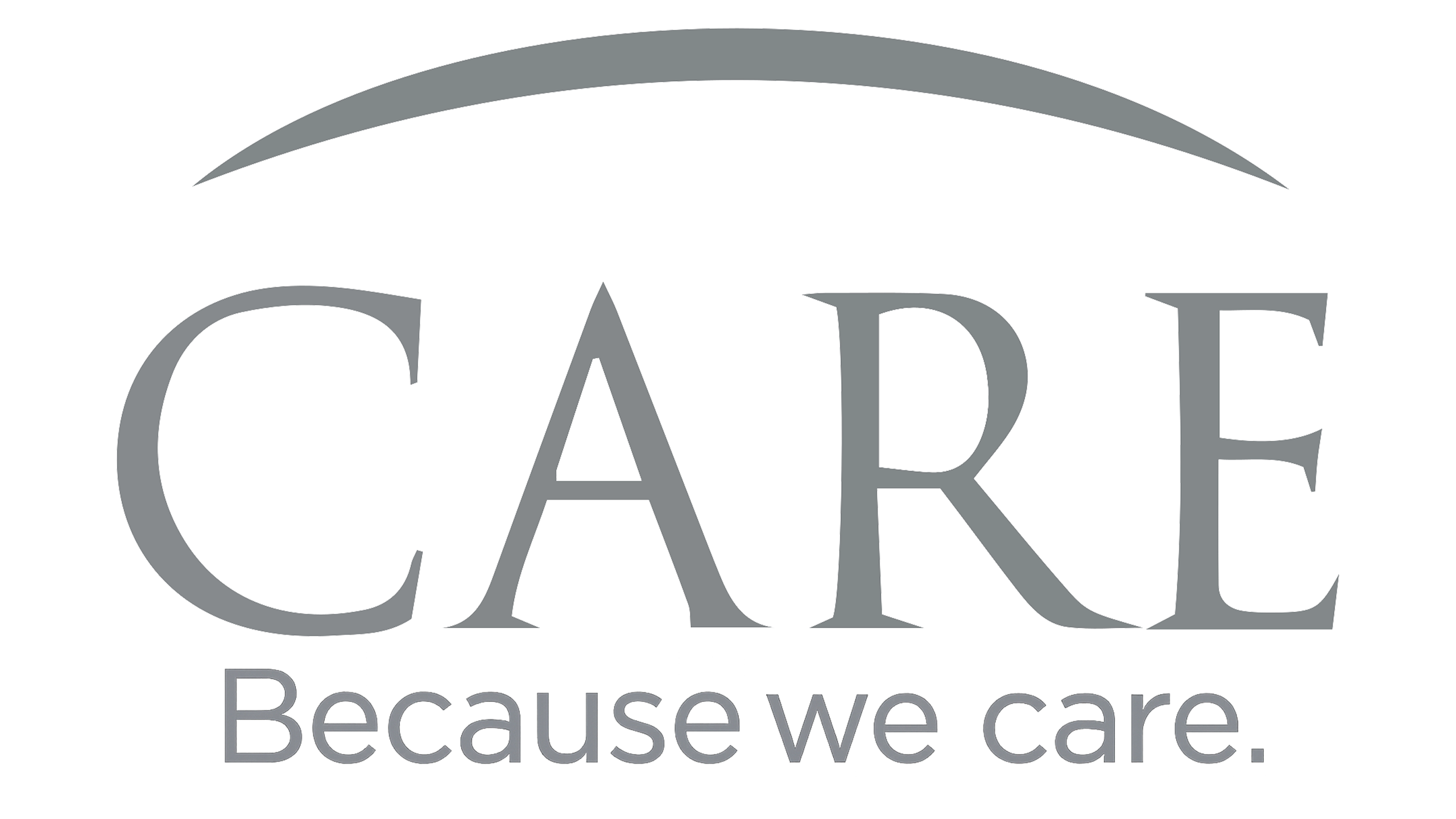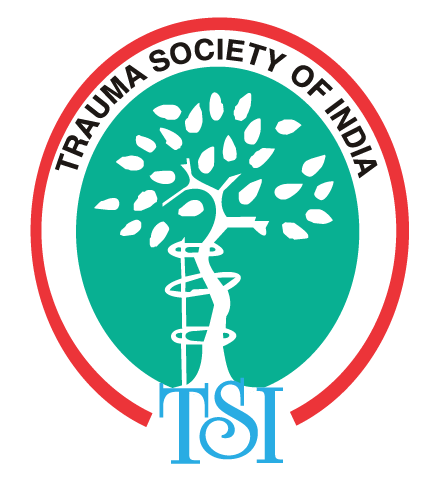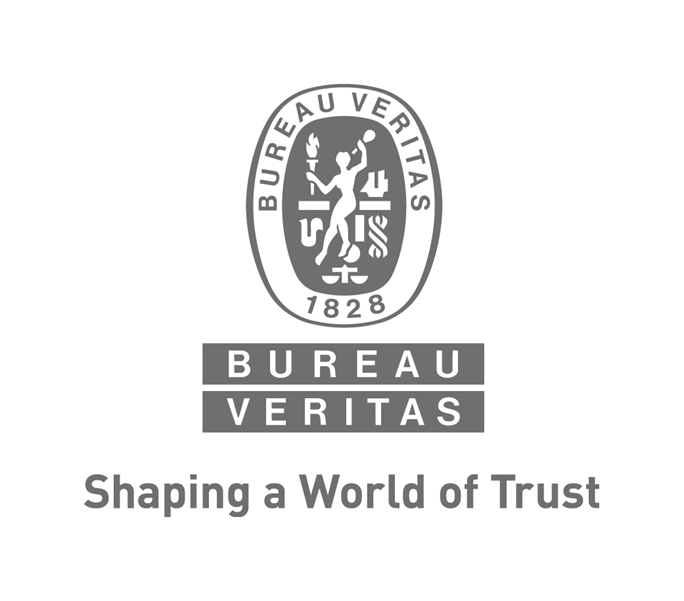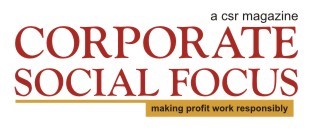Background & Introduction
Business Integrity represents the foundation of ethical leadership and responsible corporate behaviour. It is more than adherence to laws or compliance—it embodies transparency, fairness, and accountability as guiding principles in business operations. In a globalized and digitally connected economy, where corporations operate through complex networks of suppliers and intermediaries, integrity has become a strategic pillar of competitiveness, resilience, and long-term growth. Companies that embed integrity into their governance structures enjoy greater stakeholder confidence, operational stability, and societal respect
The absence of business integrity, however, has significant economic and social consequences. Corruption, bribery, opaque procurement systems, and weak governance distort fair competition, deter investment, and exacerbate inequality. They undermine trust in both public and private institutions, reducing economic efficiency and impeding the achievement of the Sustainable Development Goals (SDGs). Therefore, fostering a culture of integrity in business and supply chains is critical for building transparent markets and accountable governance frameworks
In this context, the International Anti-Corruption Day (IACD)—observed globally every December 9—serves as a rallying point to renew global commitment to combat corruption and strengthen systems of justice, fairness, and transparency. The 2025 observance underscores that corruption is not merely a legal or moral concern—it is a developmental challenge that affects economies, governance systems, and human rights.
Aligned with this global vision, the United Nations Global Compact Network India (UN GCNI), the country network of the UN Global Compact, will organize the Business Integrity Conclave 2.0 on December 9, 2025, in Mumbai, under the theme “Cultivating Integrity in Business & Supply Chains Through Collective Action.” The Conclave will commemorate IACD 2025 by convening government representatives, business leaders, regulators, academia, and civil society to exchange insights, share good practices, and advance collective action on integrity
Through this event, UN GCNI seeks to highlight that business integrity is not a compliance cost—it is a competitive advantage and a societal necessity. The Conclave will create an inclusive space for dialogue, capacity building, and commitment, advancing India’s leadership in promoting ethical business ecosystems and strengthening SDG 16 — Peace, Justice, and Strong Institutions
Rationale
The growth and interconnectedness of global supply chains have brought remarkable opportunities but also heightened the risks of unethical conduct. Issues such as nontransparent procurement, exploitation, conflicts of interest, and bribery compromise both the moral and operational foundations of business systems. As companies strive to achieve efficiency and global reach, maintaining transparency and integrity across every level of the supply chain becomes increasingly complex.
Traditional approaches to managing corruption risks—through internal compliance mechanisms or corporate policies—while necessary, are insufficient to address the collective and systemic nature of corruption. The complexity of value chains demands collective action, where businesses, regulators, civil society, academia, and international organizations work together to set shared standards, improve governance systems, and foster accountability.
In India, this conversation is timely and critical. As the country accelerates its transition toward becoming a global manufacturing and service hub, it must ensure that growth is grounded in ethics and fairness. Business integrity directly supports national initiatives such as Make in India, Digital India, and Atmanirbhar Bharat, while reinforcing investor confidence and citizen trust.
The Business Integrity Conclave 2.0, organized on the occasion of IACD 2025, will therefore act as a platform to link global anti-corruption commitments with India’s domestic governance priorities. It will highlight practical frameworks such as integrity pacts, ethical procurement guidelines, digital transparency tools, and capacity-building programs for MSMEs. The Conclave will emphasize that integrity is not a passive ideal— it is an active, measurable, and collaborative process that must permeate every business decision and policy framework.
Key Objectives
Target Audience
Business Leaders & Industry Associations
Government & Regulatory Bodies
Academia & Research Institutions
Civil Society & International Organizations
Youth & Students
Expected Outcomes & Impact
Expected Outcomes
- Launch of Collective Action Commitments among businesses and associations
- Publication of a Business Integrity Compendium with case studies and policy recommendations
- Development of actionable policy recommendations for government and industry.
Expected Impact
- Strengthened trust among stakeholders.
- Replicable models for ethical supply chain governance.
- Enhanced MSME and youth participation in ethical ecosystems.
- Contribution to SDG 16 and India’s global integrity leadership.
Way Forward
Stakeholder Consultations
Align business, government, and civil society efforts before the event.
Partnership Development
Formalize collaborations among corporates, MSMEs, and academic networks.
Commitment Packs
Introduce tools for organizations to pledge measurable integrity commitments.
Tentative Agenda
Our Speakers
Strategic Pre-Event Actions
- Stakeholder Consultations: Align efforts before the event.
- Partnership Development: Formalize collaborations across sectors.
- Commitment Packs: Introduce tools for organizations to pledge measurable integrity goals.
Post-Event Accountability
- Comprehensive Report: Detailed documentation of outcomes.
- Implementation Roadmap: Launch pilot projects on supply chain integrity.
- Regional Roundtables: Expand outreach and share lessons across India.
- Business Integrity Awards (2026): Annual recognition for exemplary leadership.
For Partnership, Media & Inquiries
Dr. Somnath Singh
Deputy Director & Head - ESG, Sustainability, Public Health, Business Integrity & Compliance
UN Global Compact Network India
Mobile: +91 98710 74298

